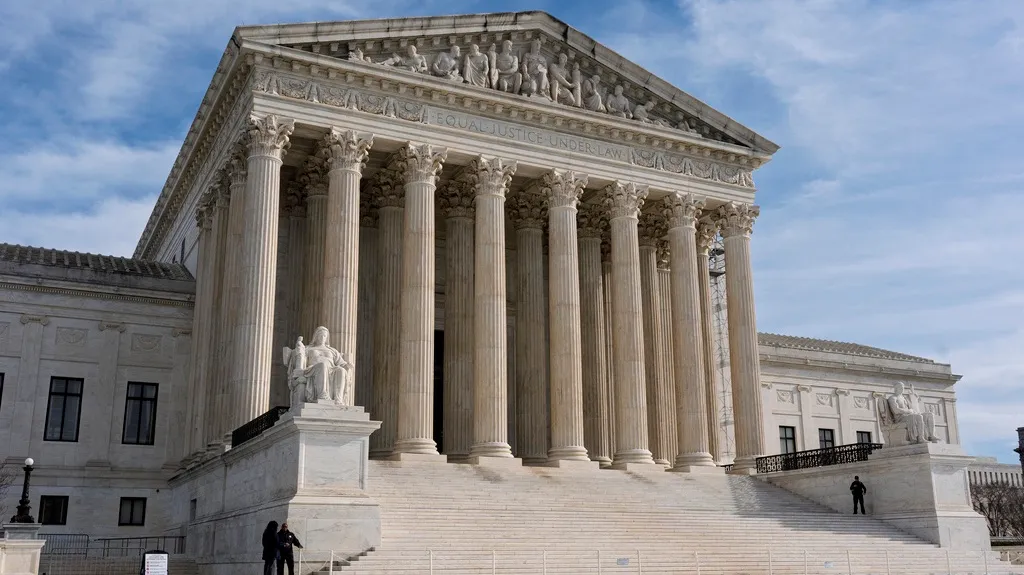April 27, 2021
Advocates Speak Out Against 'Conversion Therapy,' 'Corrective Rape' in Indonesia
Kilian Melloy READ TIME: 2 MIN.
Indonesian LGTBQ advocates are speaking out against "conversion therapies" in that nation, including exorcisms and "corrective rape," This Week in Asia reports.
The article notes, "Faith-based 'treatments,' " such as prayer sessions for a fee, constitute part of what's being offered as a way to turn LGTBQ people straight, while another option offered by some purveyors is " 'sex therapy' – a euphemism for rape."
The news site reports that one common practice is "ruqya," a form of Islamic exorcism that supposedly drives out "djinn," or evil spirits. A trans activist Christine (a name given to disguise her true identity), says such efforts to change her into a cisgender man failed.
"I don't believe in ruqya," Christine told the news outlet. "Trust me, I've been through it four times," once at a "boot camp" where part of the process involved goat sacrifice.
"All I did was pray five times a day, read the Koran, and take a bath in holy water," Christine recalled.
A controversial and now discontinued website, TerapiKonversi.co, "offered electric shock therapy, exorcism and so-called pray-the-gay-away sessions," as well as forced sexual contact. The so-called "sex therapy" was the most expensive item on the list, costing $200, This Week in Asia reported.
TerapiKonversi.co has been "removed from the internet," the article noted, but "no further action has been taken by Indonesian authorities against the operators of the service."
"It is simply a scam," said Human Rights Watch Indonesia's Andreas Harsono of the site.
"The police should investigate this group," Harsono continued. But, he added, "We have documented how officials' biased and untrue statements about lesbian, gay, bisexual, and transgender people provided social sanction for harassment and violence against LGBT Indonesians, and even death threats by militant Islamists."
"Homosexuality is not illegal in Indonesia," the news site noted, "but anti-LGBT rhetoric and persecution have spiked in recent years, driven by the rise of religious fundamentalism in the country, activists said."
But attitudes may be changing in some Southeast Asian countries. A court in Malaysia struck down an anti-LGBTQ law earlier this year, although, as Reuters noted at the time, "Despite the ruling, gay Malaysian men still face up to 20 years in jail under a British colonial-era law that bans gay sex, known as Section 377."
In East Asia, no nation officially criminalizes sexual minorities, but the rights of LGBTQ people are restricted. Marriage equality exists only in Taiwan, though adoption is allowed only for stepchildren; in all other East Asian countries, neither marriage nor adoption is available to LGBTQ families.
Moreover, social acceptance in countries such as China is still limited, despite pockets of openly gay culture in some urban areas.
Change may be on the horizon. Last month, a Japanese court ruled that a ban on marriage equality in that country is unconstitutional.
Taiwan is the only nation in Southeast Asia to fully ban "conversion therapy," according to a report by Outright International. Otherwise, no ban, either full or partial, exists in those regions.
Kilian Melloy serves as EDGE Media Network's Associate Arts Editor and Staff Contributor. His professional memberships include the National Lesbian & Gay Journalists Association, the Boston Online Film Critics Association, The Gay and Lesbian Entertainment Critics Association, and the Boston Theater Critics Association's Elliot Norton Awards Committee.


